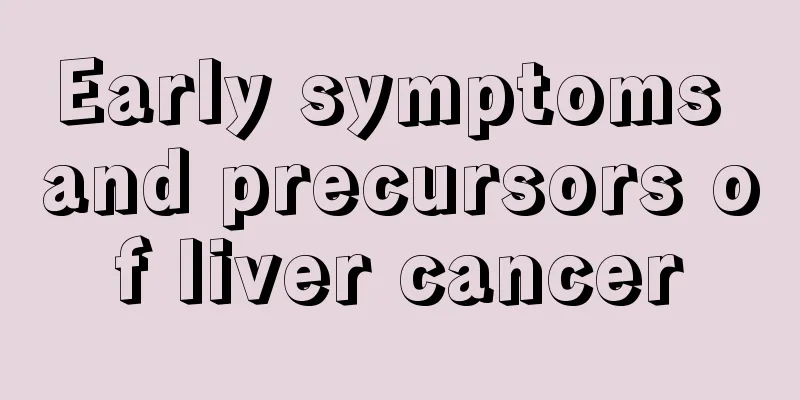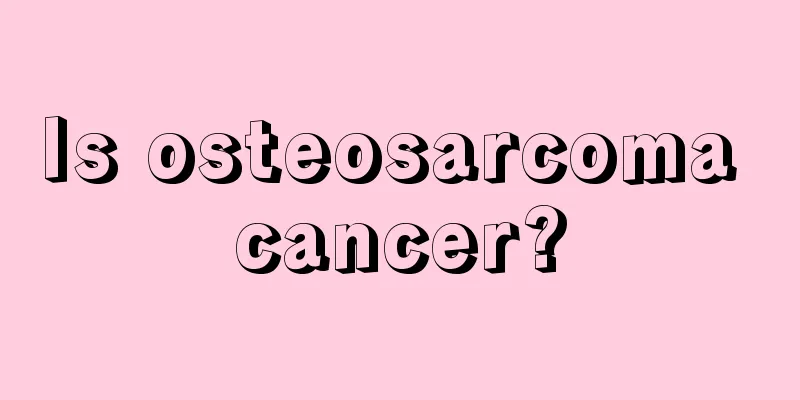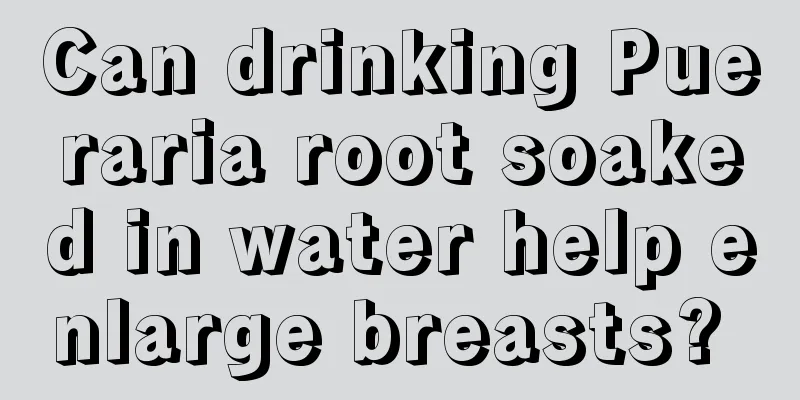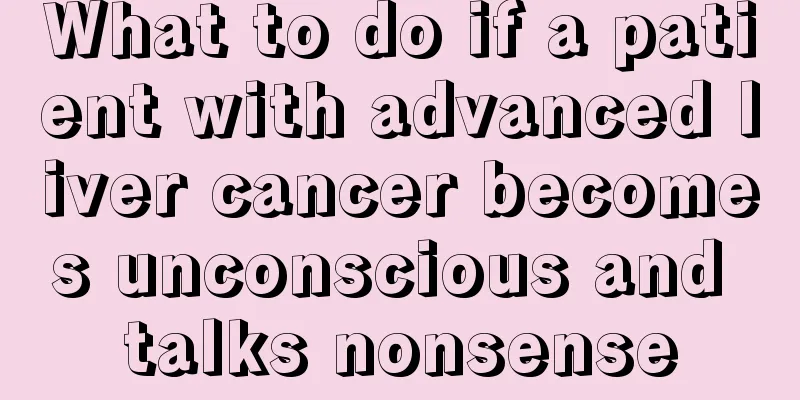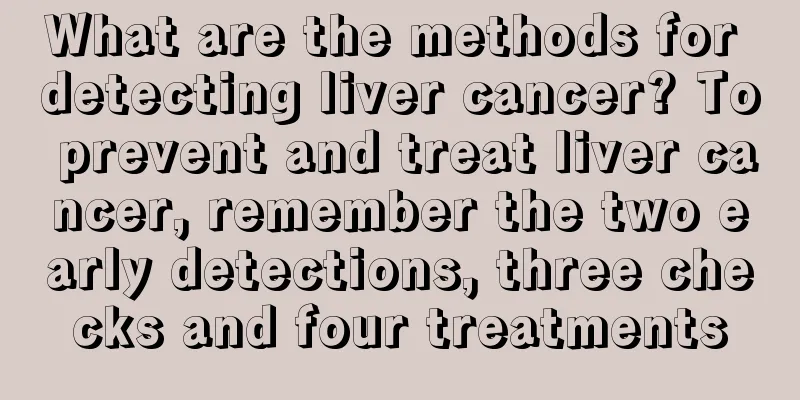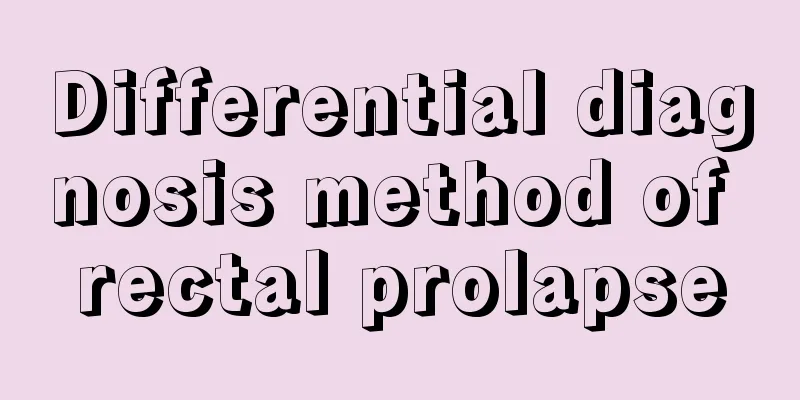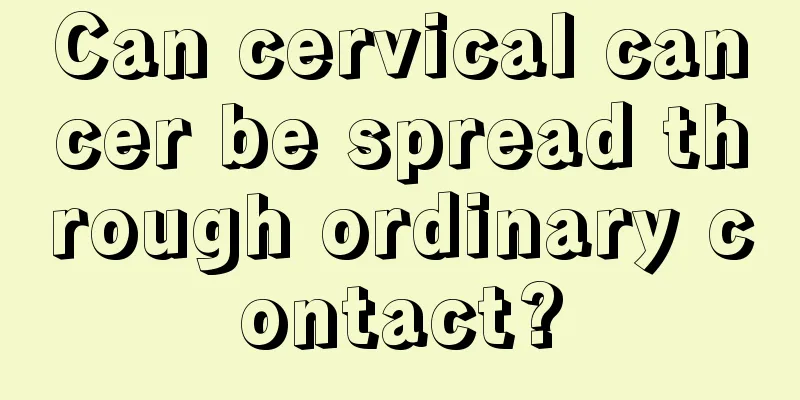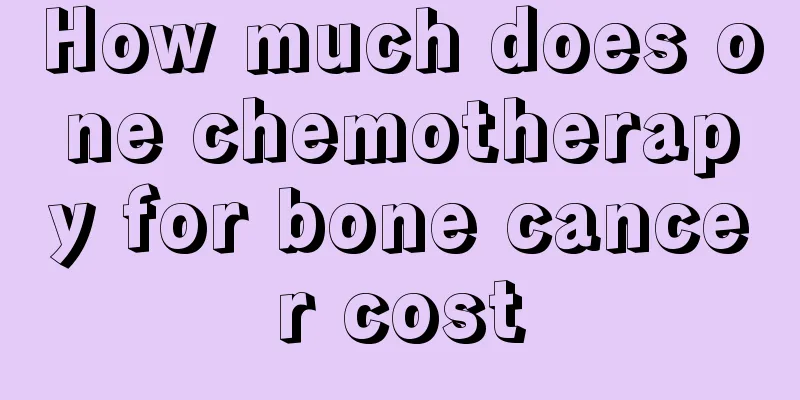Low blood pressure strikes "sneakily", these symptoms are obvious at a glance
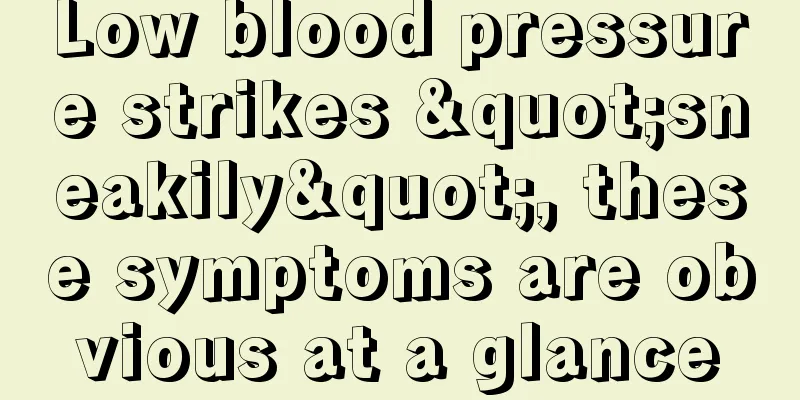
|
Hypotension, in contrast to hypertension, refers to a state in which the systemic arterial pressure is lower than normal. Low blood pressure generally does not cause any obvious disease. Many people with low blood pressure cannot feel it unless they have a physical examination, but low blood pressure still poses a great threat to health. Symptoms and dangers of low blood pressure Mild symptoms: dizziness, headache, loss of appetite, fatigue, pale complexion, indigestion, motion sickness, etc. Severe symptoms: orthostatic vertigo, cold limbs, palpitations, difficulty breathing, ataxia, slurred speech, and even syncope, convulsions, and the need for long-term bed rest. Therefore, patients with low blood pressure mainly have these symptoms: Dizziness, fatigue, pale complexion, and decreased work ability. Slurred speech and difficulty breathing, severe cases require long-term bed rest, affecting normal life. Patients with low blood pressure generally have a low mood and are prone to depression. When hypotension is more serious, symptoms of fainting may occur. Sudden fainting can easily cause injuries such as fractures. Imagine how dangerous it would be to walk on a crowded street and suddenly faint on the side of the road when the light is green. People with severe hypotension may experience hearing loss and blurred vision. Studies have found that hypotension can also greatly increase the incidence of senile dementia. If you find yourself having some of the above symptoms, you should go to the hospital for a physical examination as soon as possible and follow the doctor's advice for timely treatment. Treatment for low blood pressure Treatment of hypotension 1: Treatment of the cause For those with weak constitution, it is important to strengthen nutrition; the cause of the disease must be identified. If the patient suffers from tuberculosis or other wasting diseases, treatment should be carried out more promptly; if hypotension is caused by the effect of drugs, the medication should be stopped immediately or the dosage should be adjusted appropriately. The selected drugs and dosages should be adjusted under the guidance of a doctor; if the patient has postural hypotension, care should be taken not to use excessive movements or force when standing up from a lying position, or the patient can use objects for assistance to avoid falling when standing up due to low blood pressure. Treatment of low blood pressure 2: Appropriate exercise Strengthening physical exercise is very helpful in enhancing the body's resistance. Be sure to maintain a regular daily life, avoid overwork, and make sure to combine work and rest, because extreme fatigue can lower your blood pressure. In daily work and life, we should maintain a good mental state, strengthen physical exercise appropriately, improve physical fitness, and strengthen exercise has a good effect on improving the regulatory function of nerves and blood vessels. In addition, strengthening physical exercise can also accelerate blood circulation and greatly reduce the incidence of orthostatic hypotension. However, different people should make plans based on their actual conditions. The exercise plan of the elderly should be based on the environmental conditions and their own physical health to choose sports that are suitable for them, such as Tai Chi, aerobics, etc. Treatment of low blood pressure three: adjust diet Dietary adjustments are also very helpful in treating hypotension. People with low blood pressure should not eat too much at every meal, because if they eat too much, the amount of blood returning to the heart will be relatively reduced; the elderly with low blood pressure can drink some light salt water or eat slightly salty food after getting up in the morning every day to increase the amount of water needed. When more water enters the blood, the blood volume will increase, thereby increasing blood pressure and relieving the symptoms of low blood pressure; drinking tea in moderation can also help treat low blood pressure, because the coffee in tea can excite the respiratory center and stimulate the cardiovascular system; in addition, you can drink some wine in moderation, but you should not drink strong liquor. Wine is the most suitable choice. Drinking in moderation can excite the sympathetic nerves, speed up blood flow, promote heart function, and reduce blood viscosity. |
<<: Will honey crystallize in the summer?
>>: Low blood pressure is the fatal culprit of stroke! Teach you how to identify it
Recommend
What's going on with my hands being numb
If you often feel numbness in your hands, you sho...
What are the basic modes of neuromodulation?
The basic forms of neural regulation, the knee je...
How to choose a hospital for colorectal cancer treatment
Regarding the treatment of rectal cancer, it is v...
Will more blackheads be removed?
Whether on the Internet or in daily life, there a...
Are fixed dentures good?
Many people have heard the truth that "tooth...
What will happen if you use too much hormone medicine
You must not apply too much hormone drugs, otherw...
Management of side effects of paclitaxel chemotherapy in patients with ovarian cancer
In recent years, the incidence of ovarian cancer ...
What to do if you gain weight after quitting smoking
Many people in modern society are addicted to smo...
What is the cause of mole pain
Everyone should know what moles are. Many people ...
What causes dark circles under eyes? What to do if you have dark circles?
The fragile skin around the eyes is always prone ...
Will eating onions during pregnancy affect the fetus? What to eat during pregnancy?
Onion is a food that contains many nutrients, and...
What are the abdominal muscle fitness equipment
When you go to the gym and face a variety of fitn...
What are the symptoms of rib inflammation?
The ribs are an important part of the thoracic ca...
Three wonderful prescriptions for external treatment of esophageal cancer with traditional Chinese medicine
Patients with esophageal cancer, especially those...
White stripes on knees
I believe that many of my friends often have vari...

